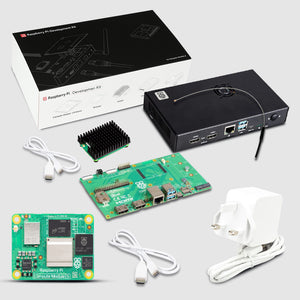The future of transportation is electric, and the quest for sustainable energy solutions is more pressing than ever. In a remarkable project featured on the Arduino Blog, Shawn Murphy showcases his innovative approach to solar EV charging using the Arduino GIGA R1 WiFi board. Let's explore the transformative potential of this groundbreaking system.
Shawn Murphy's journey towards sustainable transportation begins with his Ford Lightning electric pickup truck. Recognizing the efficiency of generating electricity at home compared to refining fossil fuels, Murphy devised a solar charging system powered by 10 used 360-watt solar panels. These panels, coupled with a battery backup array, supply energy to the Ford charging station, offering the promise of essentially free energy for his vehicle.
_lMlx64nQ6a.jpg?auto=compress%2Cformat&w=740&h=555&fit=max)
To maximize solar efficiency, Murphy integrates dynamic solar panel tilting controlled by the Arduino GIGA R1 WiFi board. Linear actuators adjust the panels to track the sun's movement, optimizing energy production by up to 25% throughout the day. With the Arduino GIGA R1 WiFi's monitoring capabilities, Murphy gains real-time insights into power generation and consumption, ensuring efficient operation of the system.

Future Prospects: While Murphy's solar EV charging system remains a work in progress, his commitment to sustainability and innovation paves the way for a future powered by renewable energy. With ongoing improvements and advancements, Murphy inches closer to achieving "free" energy for his truck, setting a precedent for eco-conscious transportation solutions.
Conclusion: The Arduino GIGA R1 WiFi-powered solar EV charging system exemplifies the fusion of technology and sustainability, offering a glimpse into the future of clean energy transportation. As Shawn Murphy continues to refine his innovative solution, the potential for widespread adoption of solar-powered electric vehicles grows ever brighter.
To delve deeper into this groundbreaking project, visit the Arduino Blog







